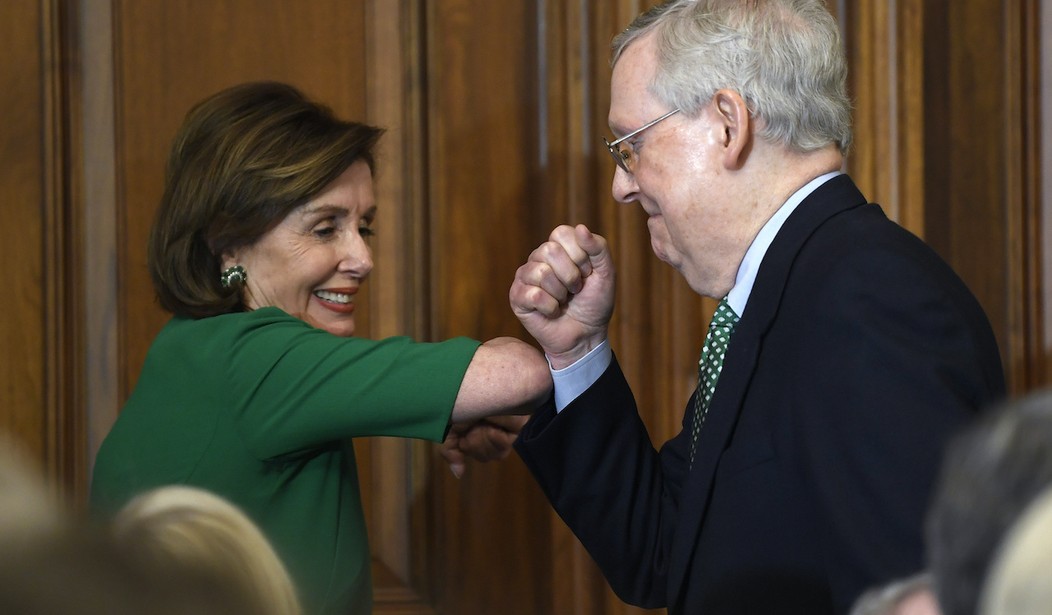Treasury Secretary Steven Mnuchin and House Speaker Nancy Pelosi met for 50 minutes on Tuesday to discuss the prospects of another coronavirus relief bill. House Democrats released details of their $2.2 trillion dollar proposal for pandemic relief that’s loaded with benefits that should please both sides.
- Reinstate the $600 per week enhanced unemployment benefit through January
- Send a second $1,200 direct payment to most Americans
- Give $436 billion in relief over one year to state and local governments
- Authorize more money for a second round of Paycheck Protection Program loans for the hardest-hit businesses and industries
- Send $25 billion to airlines to cover payroll costs
- Inject $75 billion into Covid-19 testing and contact tracing efforts
- Put $225 billion into education and $57 billion into child care
- Set aside billions for rental and mortgage assistance
The key sticking points for Republicans are the enhanced unemployment benefits and aid to state and local governments. Democrats would object to bailing out the airline industry and claim that the proposal doesn’t go far enough in helping to keep homeowners and renters in their residences.
Republicans, especially, think the stimulus bill, which would add to the federal deficit, should be far more modest. Democrats want more, more, more for everyone. The question becomes are there enough areas of general agreement that a deal could be struck before the congressional recess?
The push to rejuvenate stimulus talks follows growing doubts about Congress’ ability to approve another aid package before the Nov. 3 election, when both parties will try to at least keep control of a chamber of Congress. Political considerations played a huge role in the discussions, even before the Senate started wrestling over whether to confirm President Donald Trump’s Supreme Court nominee Amy Coney Barrett before the election.
Many Republicans have expressed concerns about adding to the trillions the U.S. has already spent to fight the pandemic and ensuing economic damage. The GOP-held Senate tried to pass a roughly $500 billion aid plan earlier this month, but Democrats blocked it, calling the bill inadequate.
The level of distrust between the two sides probably dooms any effort at compromise.
“Our conversation was a positive one,” Pelosi said in an interview with MSNBC. “We’ll get back together tomorrow to see how we can find common ground.”
Yet moments before, Larry Kudlow, White House senior economic advisor, had rejected the Democrats’ most recent offer of $2.2 trillion, warning that it could actually creep higher than advertised.
“We don’t think the numbers are right — 2.2 trillion — which is a very big number,” Kudlow told CNBC. “There’s some leftover spending that’s not included there and some tax cuts that are repealed. It might come to 2.6 trillion.”
Kudlow is talking about the nearly $100 billion that states haven’t spent yet that was in the CARES Act passed last April. That $2 trillion package has yet to work its way entirely through the economy and economists like Kudlow want to see the effect before committing to another multi-trillion-dollar relief bill.
But the president has the final say and he may modify some of his demands to accommodate Democrats’ wishes. Would enough Senate Republicans follow his lead to pass a bipartisan bill?
Given the stakes for the president and vulnerable GOP senators, I wouldn’t rule it out.
Trump Offers ‘Health Care Vision’ for America










Join the conversation as a VIP Member